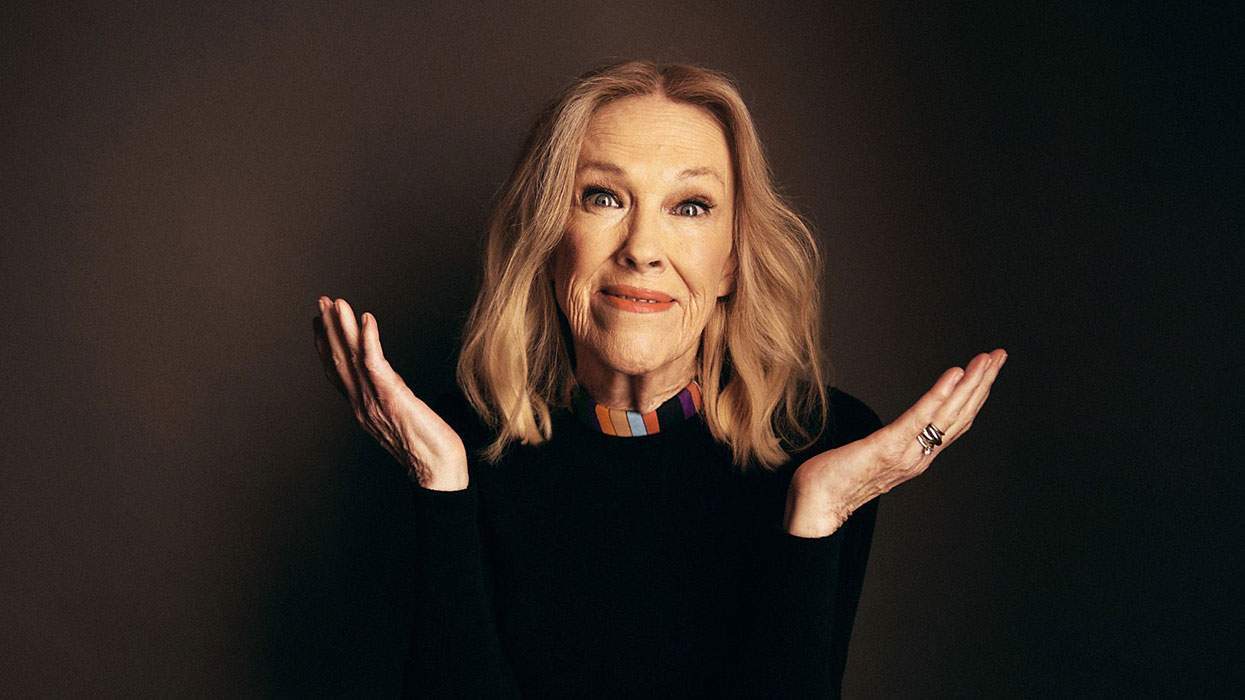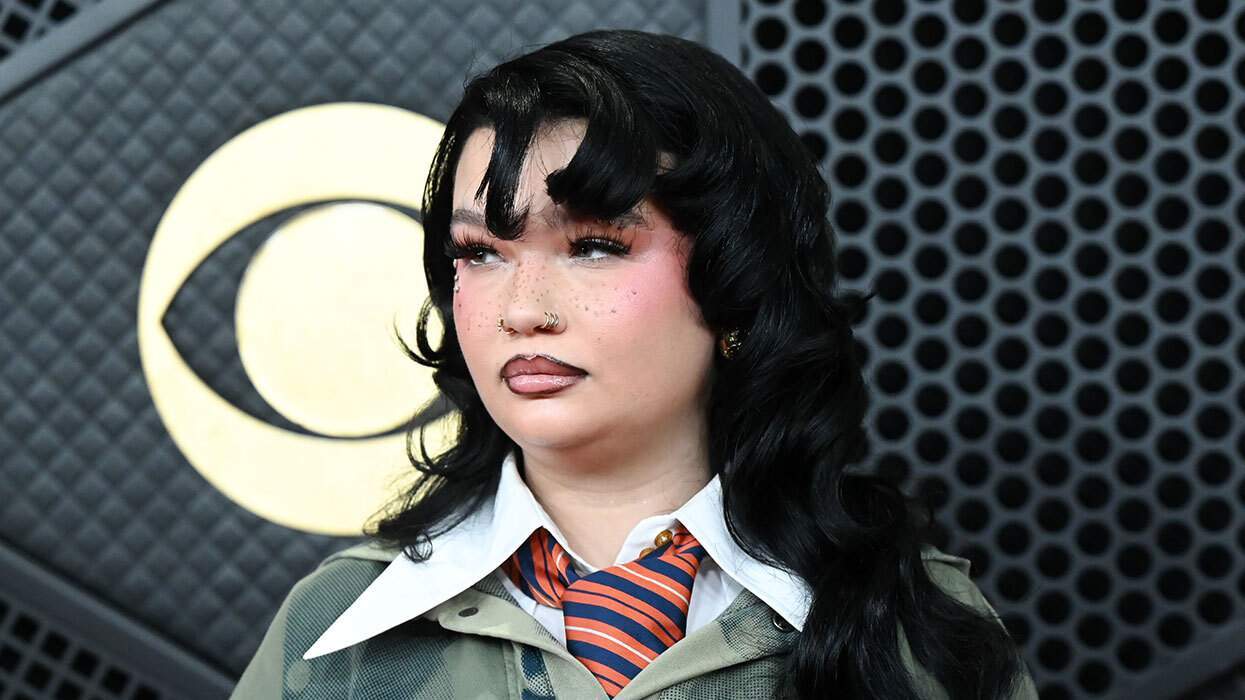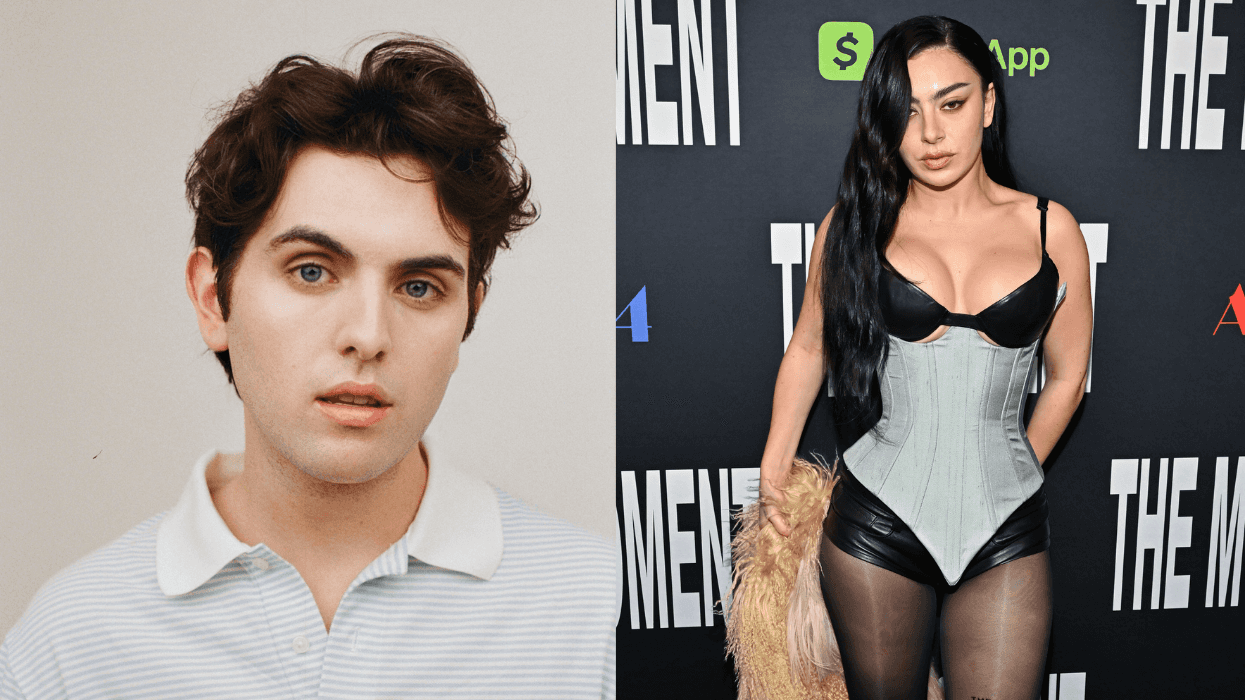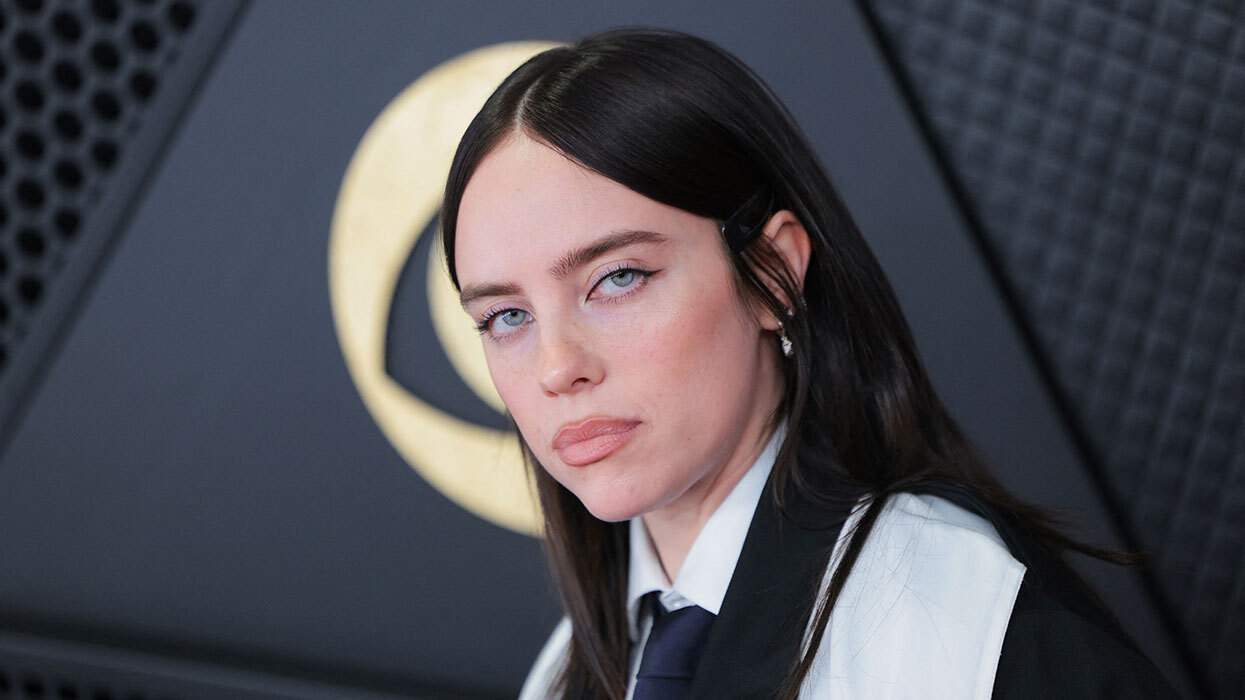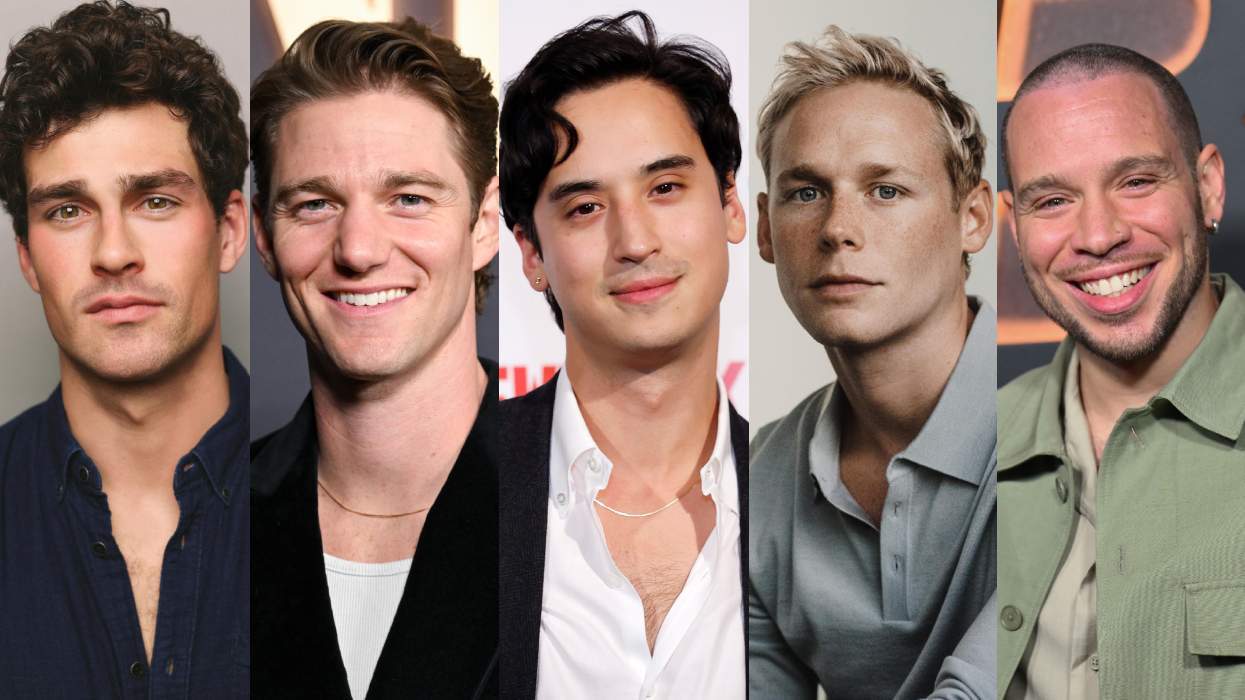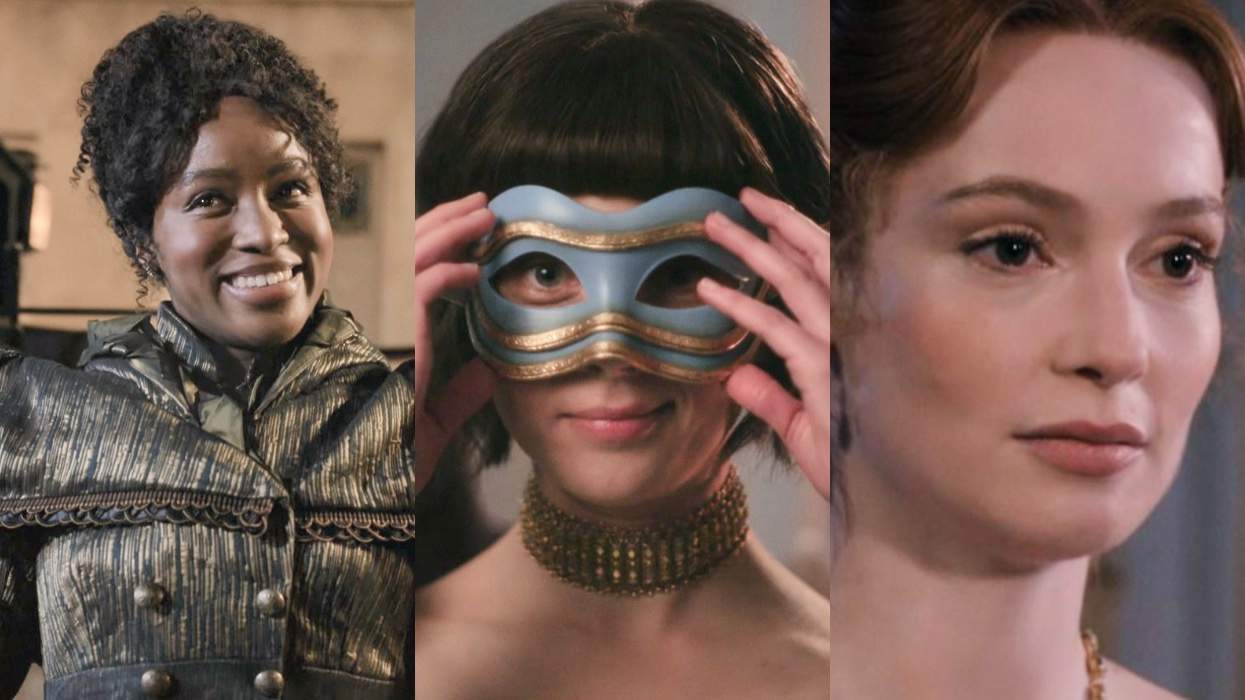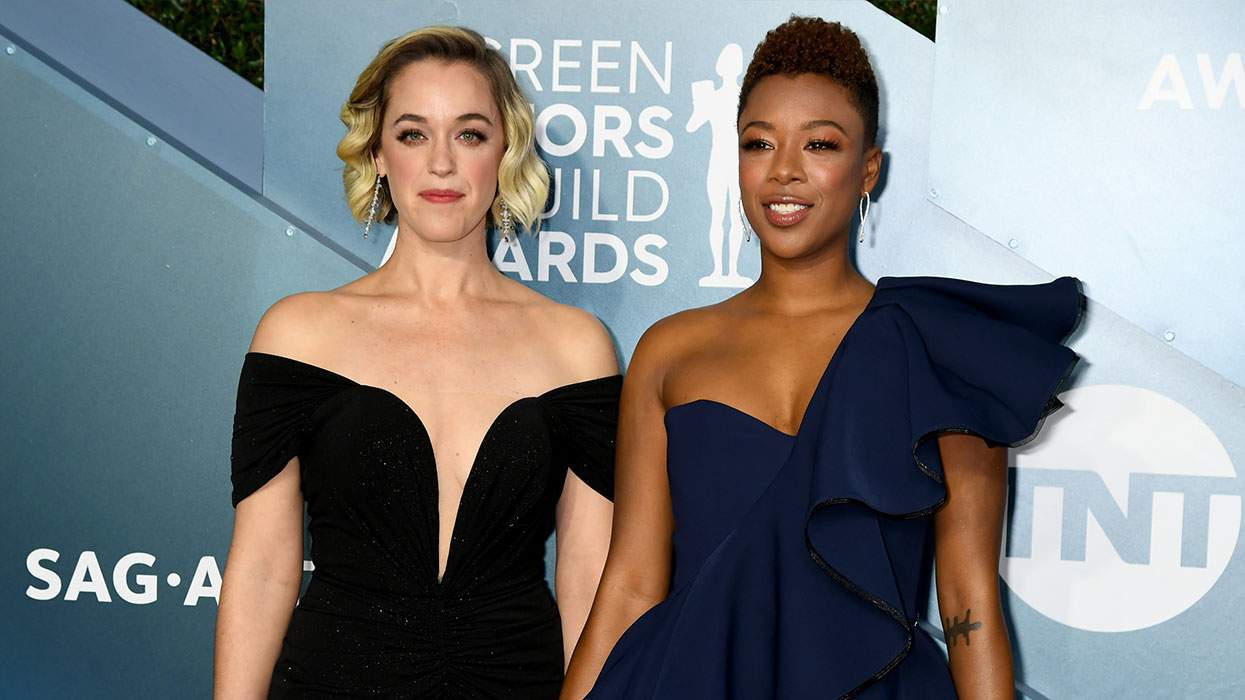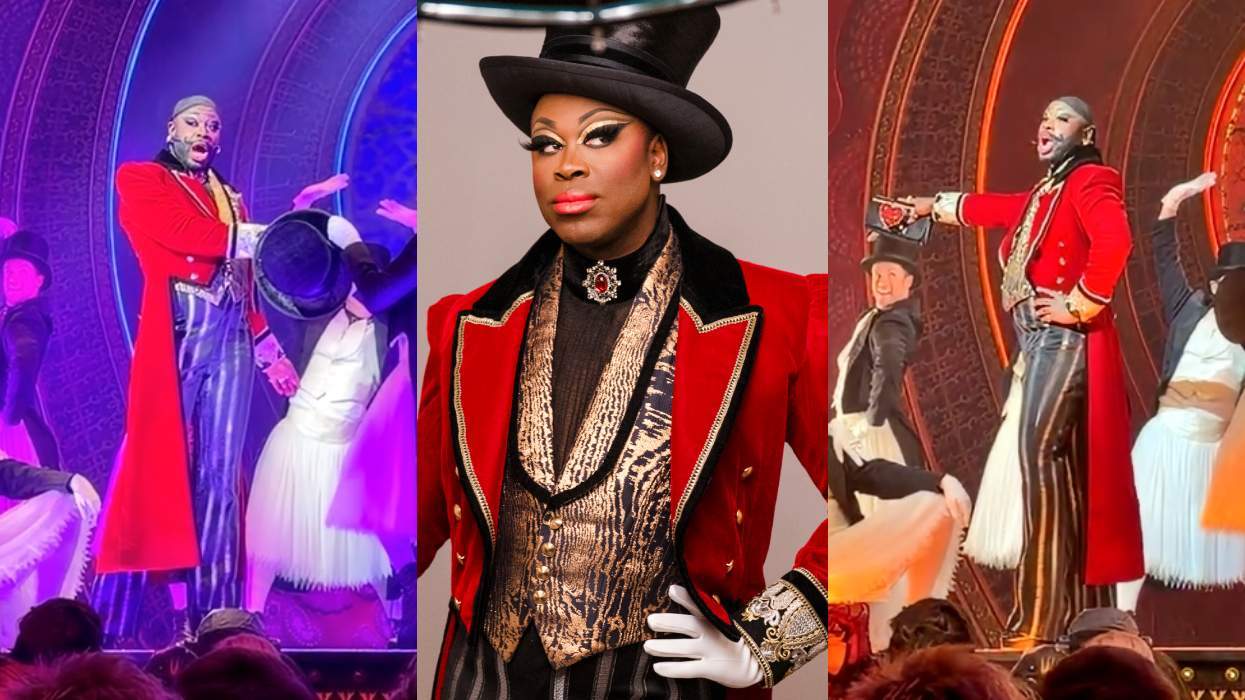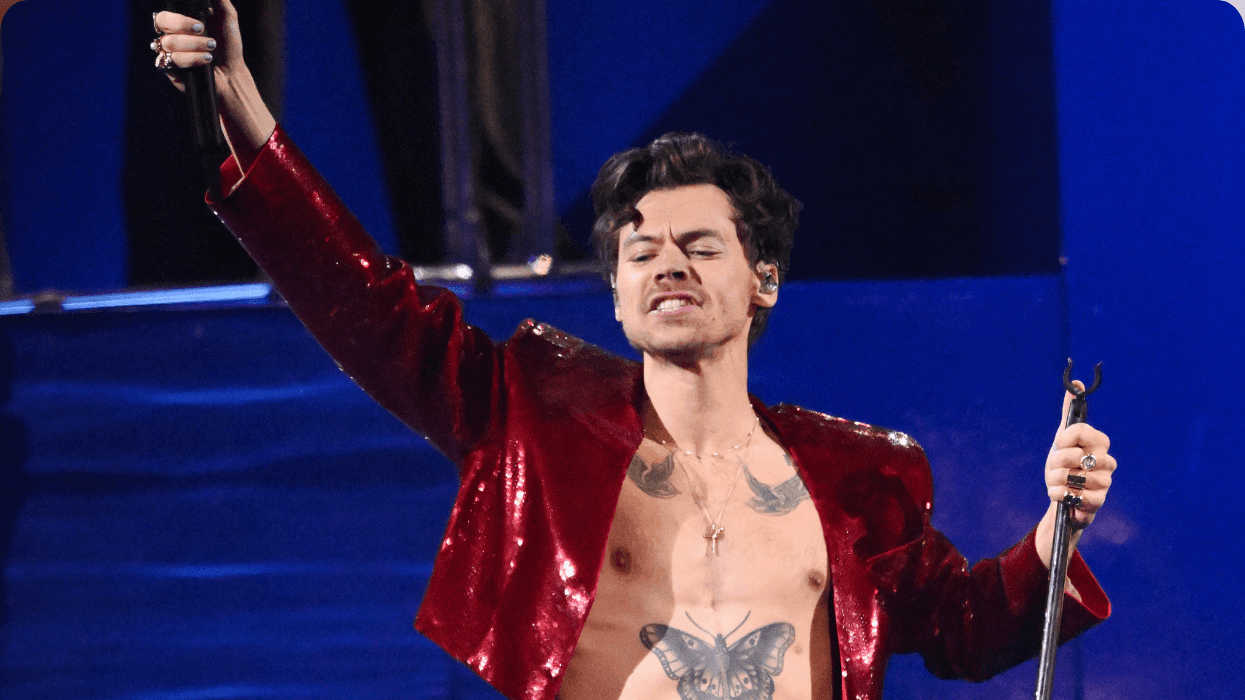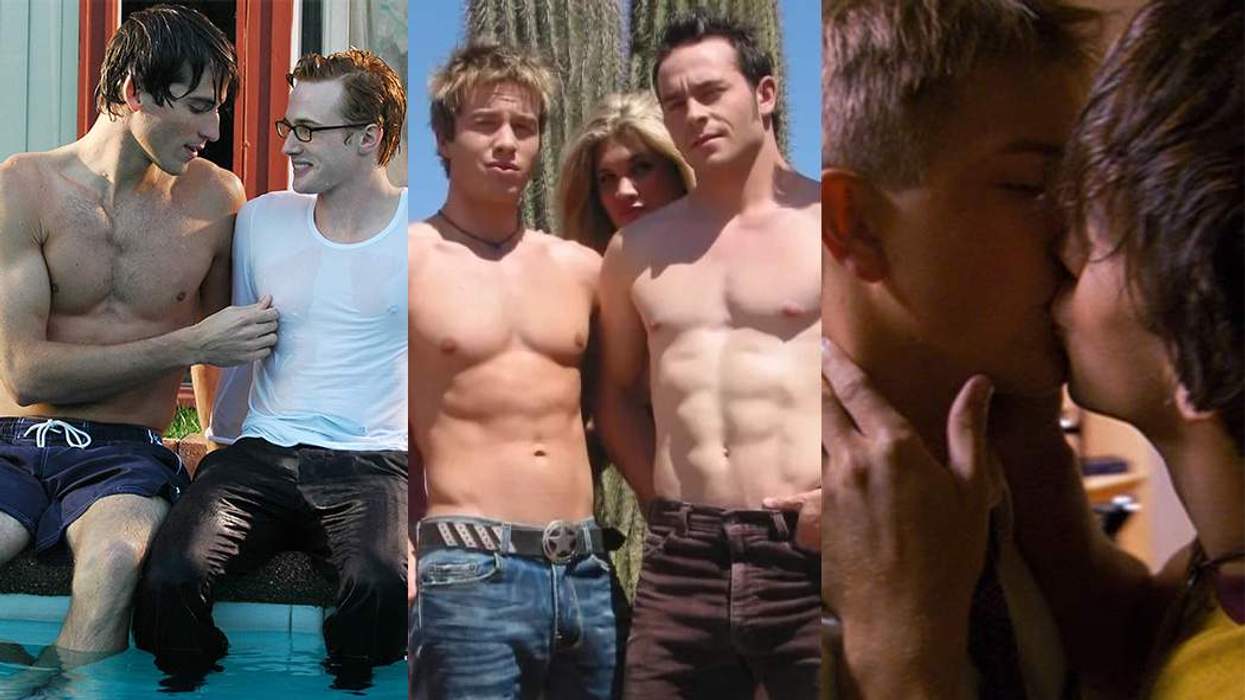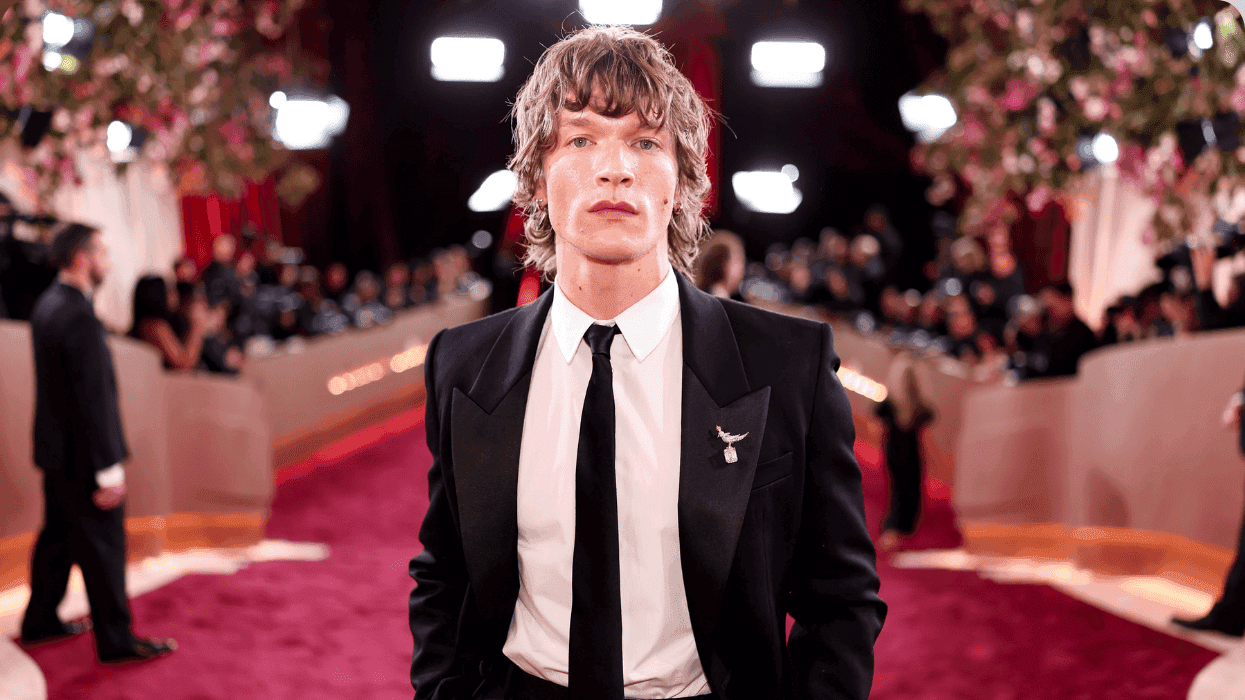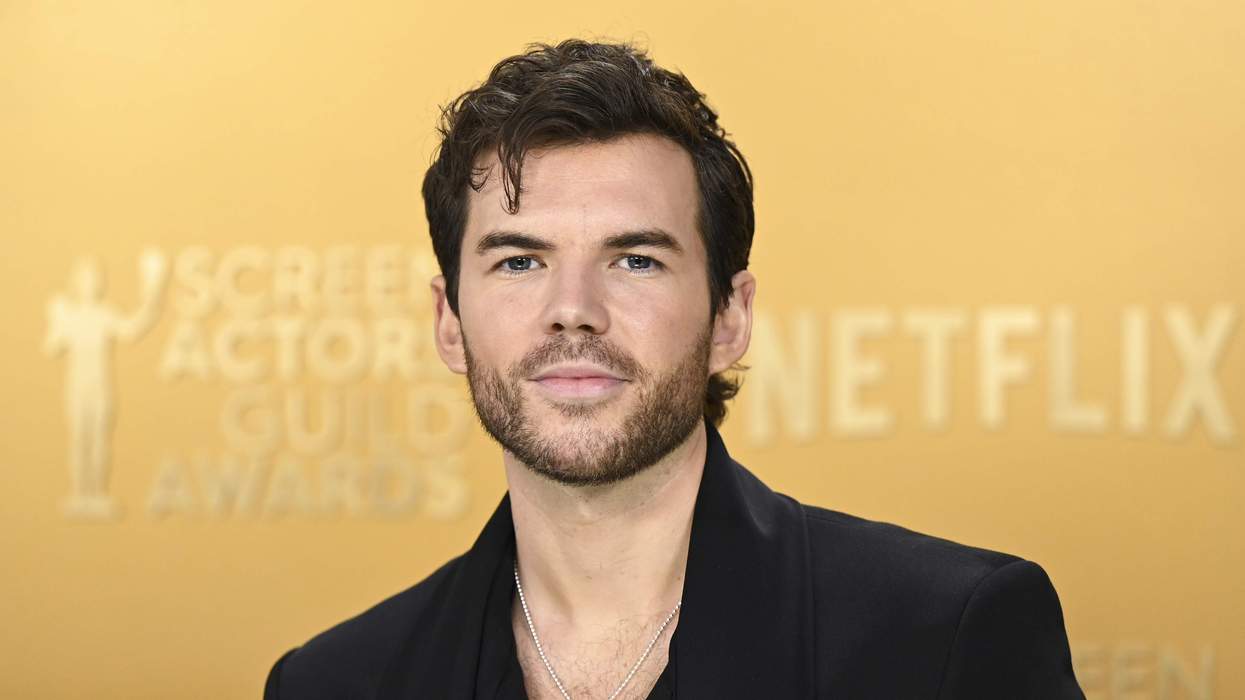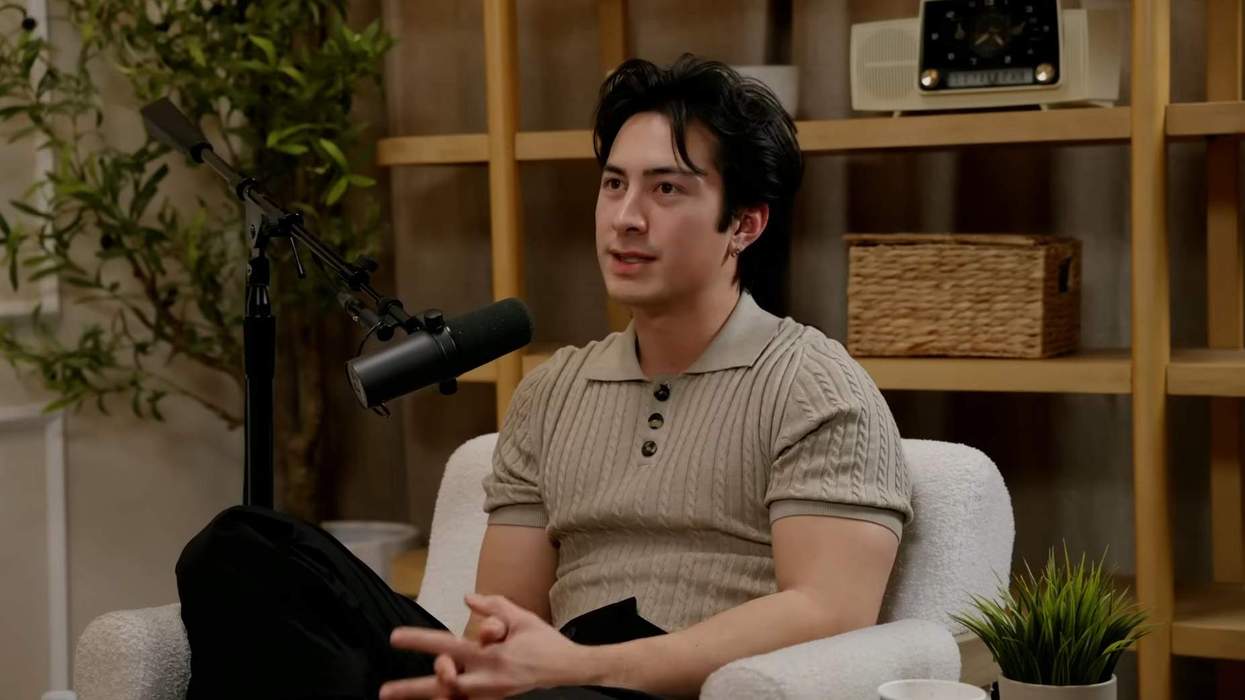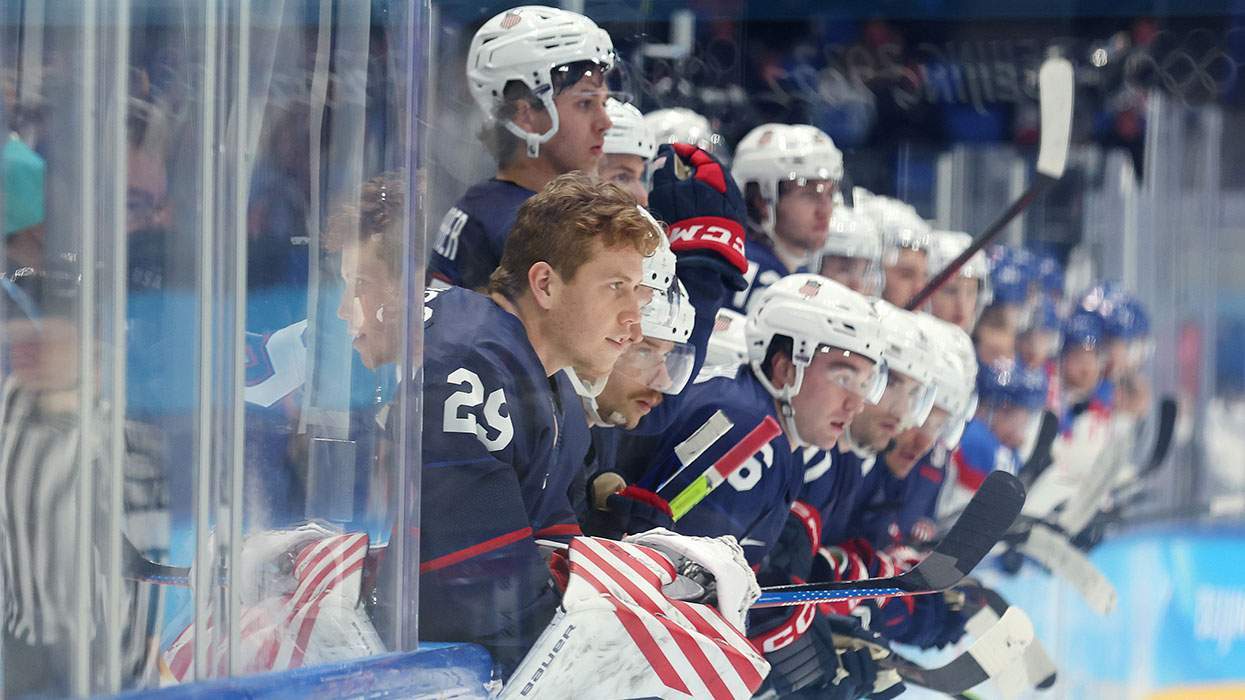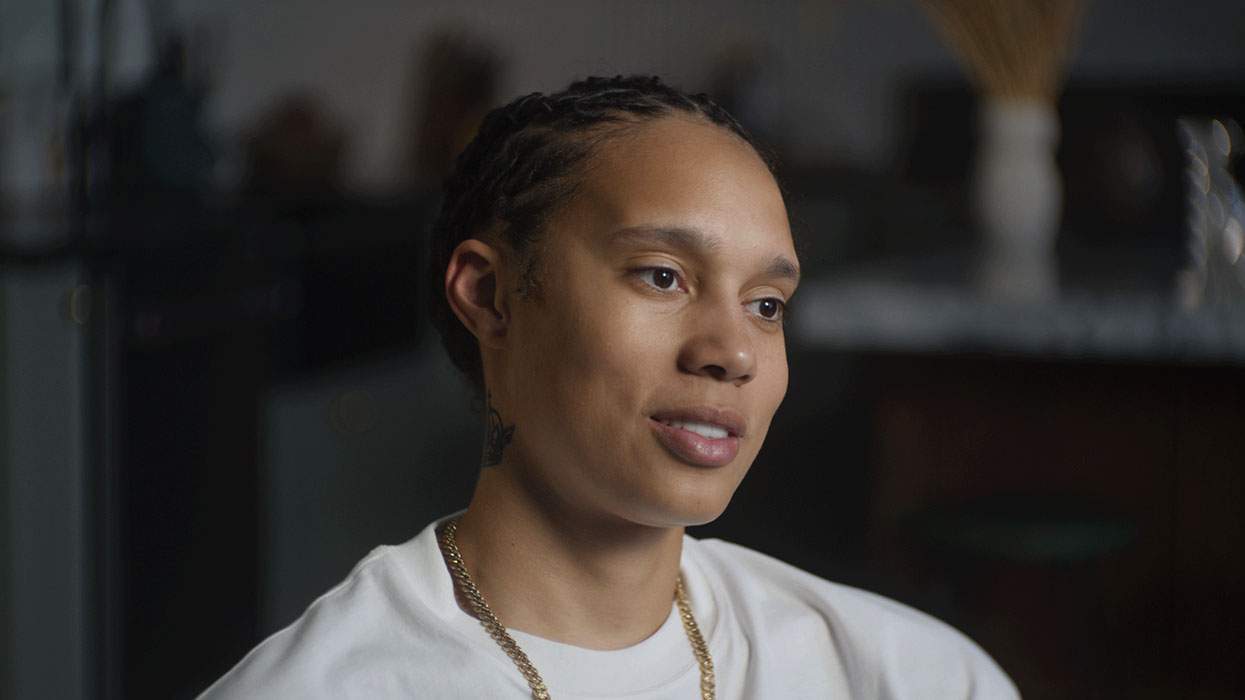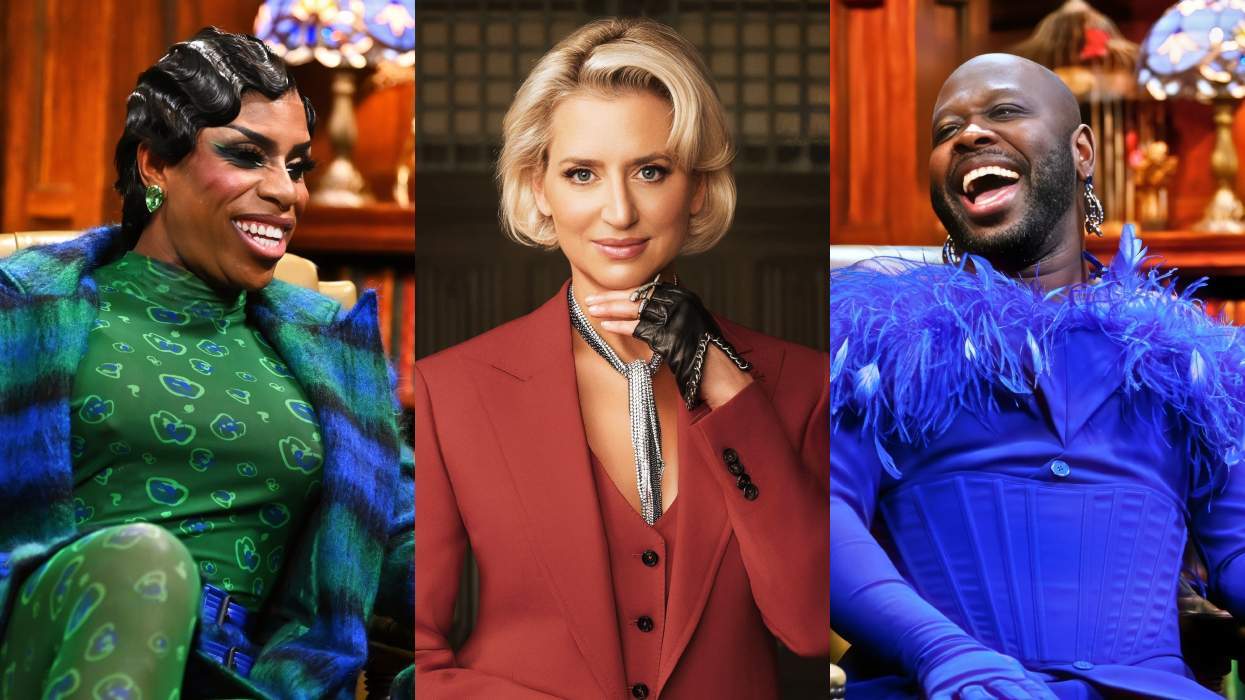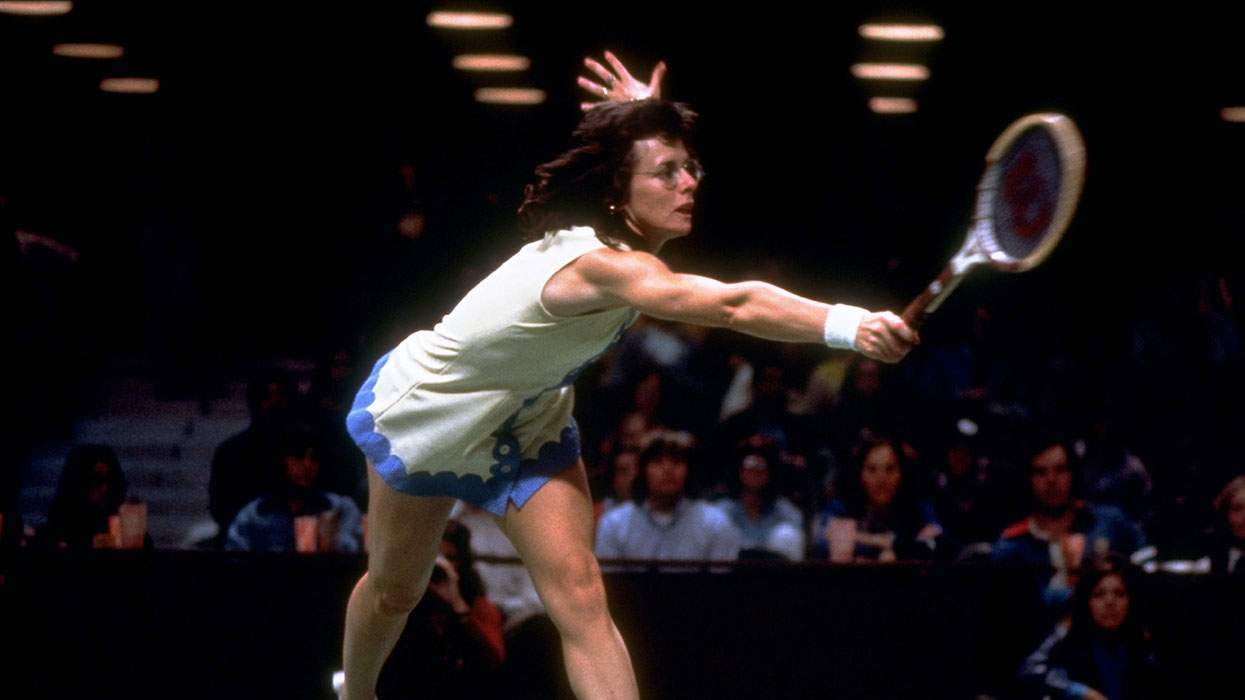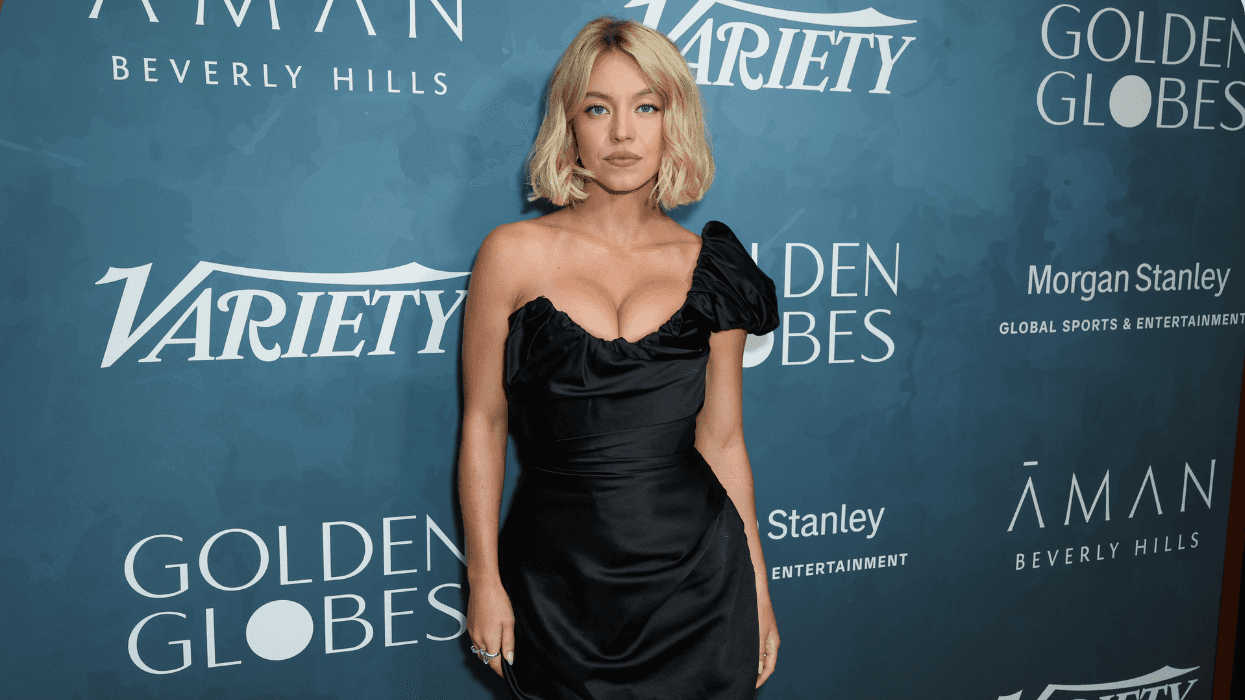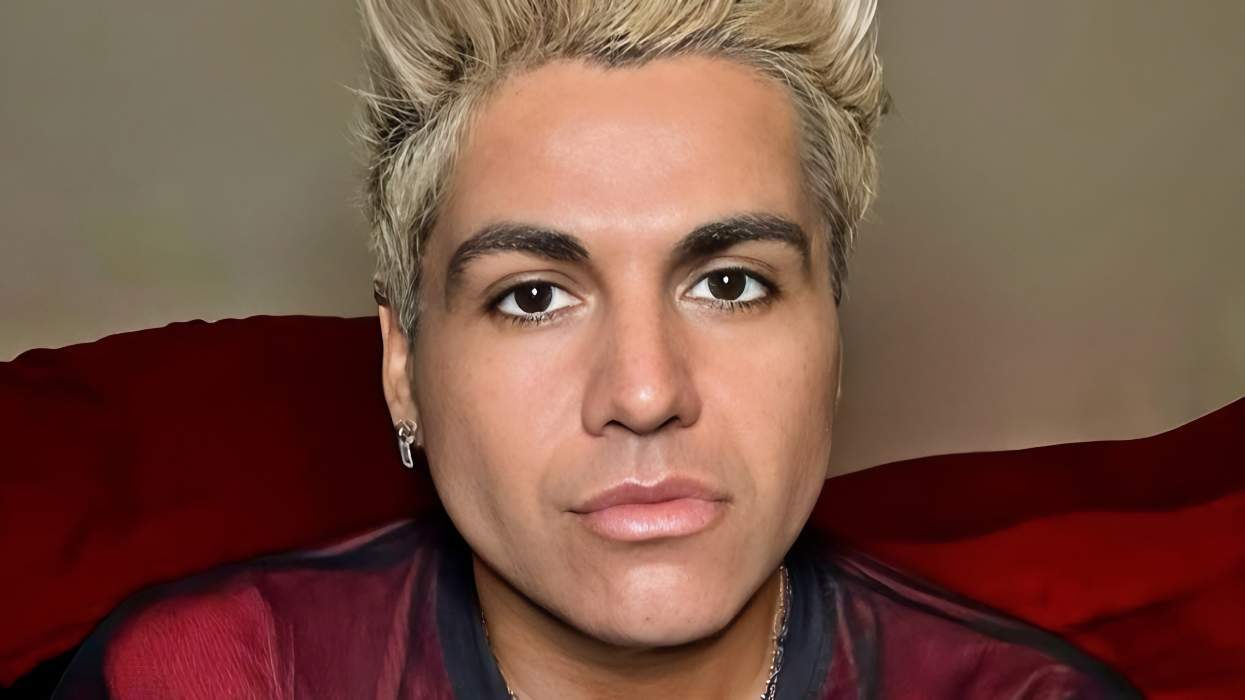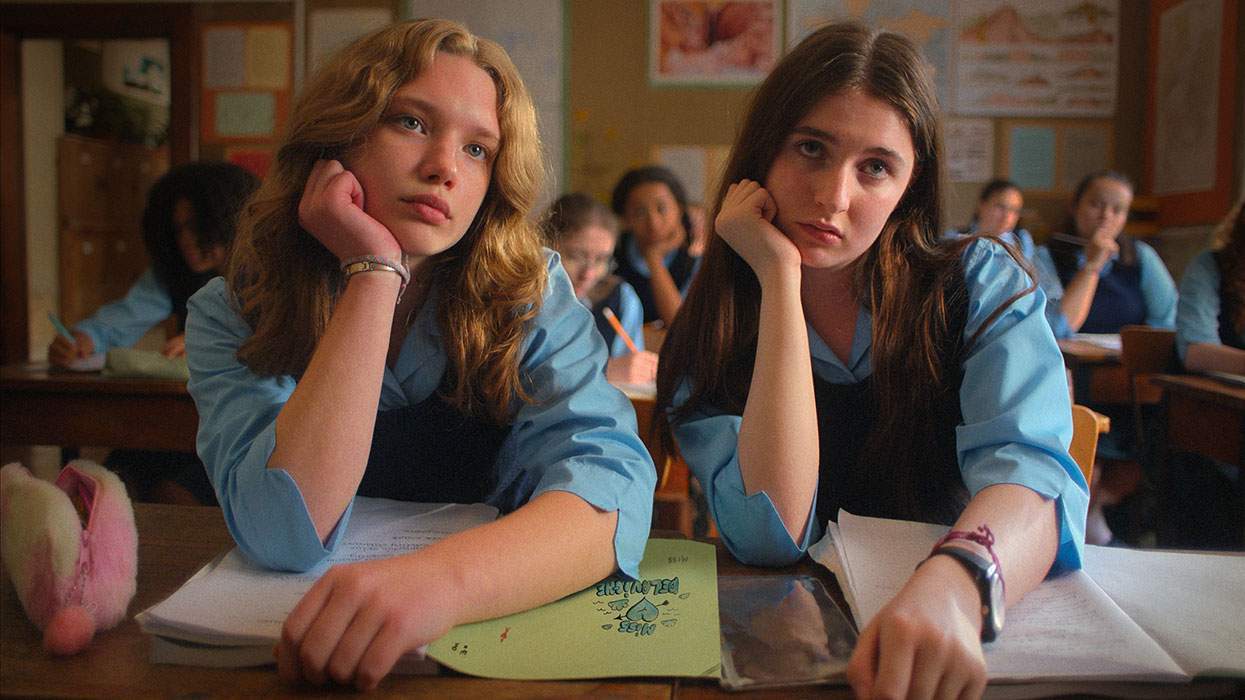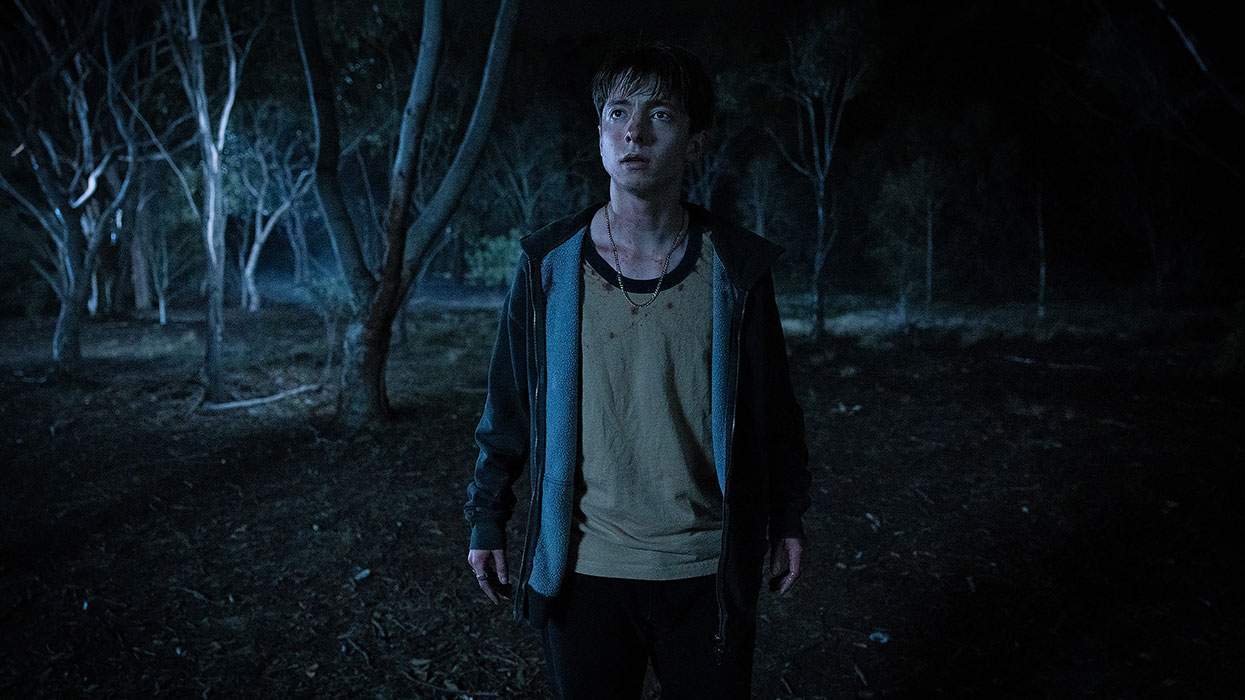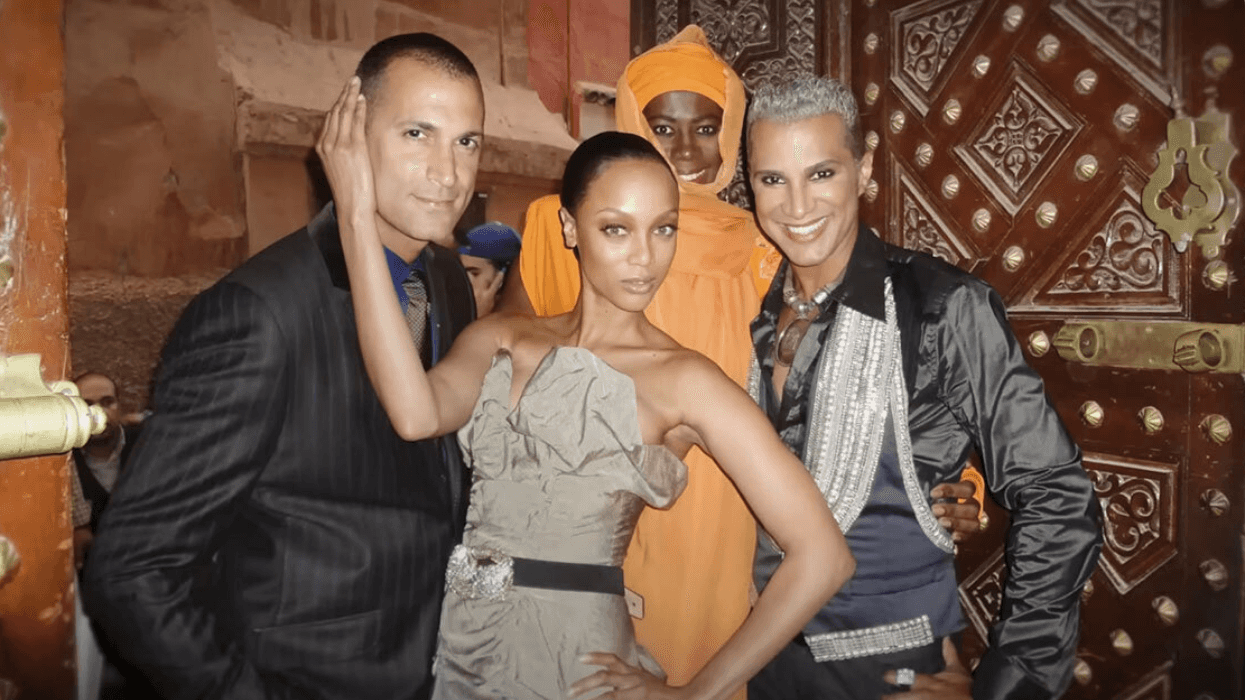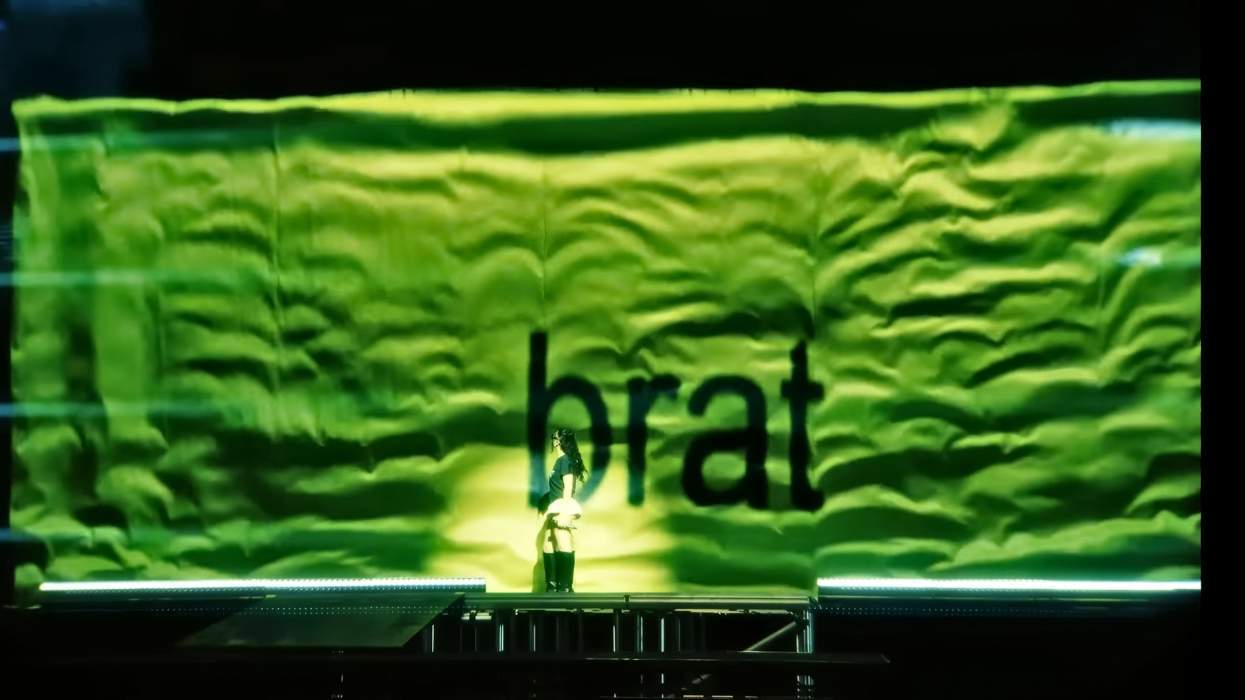As the first major awards show to air each year, the Golden Globes plays a distinct role in awards season allowing certain horses to pull ahead in the race toward the Academy Awards. That was certainly true of Sunday's ceremony, which saw several races shift as the February Oscars ceremony draws closer. The acting races finally have frontrunners (veteran actress Glenn Close and Mr. Robot star Rami Malek could both be polishing their first Oscars soon) while the best picture race saw two contenders outpace the other nominees. Both Green Book and Bohemian Rhapsody now have comfortable leads going into the upcoming best picture race.
And what is it that these two films have in common? They're both films about phenomenal musicians who happen to be queer people of color. Green Book, the latest iteration of the awards-bait white savior film, stars Mahershala Ali as Dr. Don Shirley, a Black classical pianist, and Viggo Mortensen as Tony Vallelonga, the white driver tasked with chauffeuring Shirley as he tours concert halls in major Southern cities. And Bohemian Rhapsody is, as you probably know, the story of Freddie Mercury, the bisexual HIV-positive Parsi frontman of legendary oddball band Queen.
That we have two films about queer musicians of color in a single year is rather remarkable. It's even more remarkable that, by most counts, they are not the queerest films of the year. Whereas pictures like The Favourite and Can You Ever Forgive Me? are unapologetically queer (even if they weren't marketed as such), opened to critical acclaim and garnered subsequent awards attention, by comparison, Green Book and Bohemian Rhapsody present a sanitized version of queerness or, comparatively a more apologetic one.
With Green Book, though the film is about a Black queer person -- the film never pins down exactly how Shirley identified, but it does show him getting in legal trouble for engaging in a gay sex act at a YMCA shower -- Shirley's journey is secondary to Vallelonga's. Ali may have a bigger singular emotional scene -- he cries in the rain and expresses his anger about not fitting in with any particular community -- but make no mistake, this film is about Mortensen's character. Vallelonga gets an entire backstory, a rich home life, and a spouse. The movie, co-written by Vallelonga's own son, treats Shirley as secondary in every way. Heck, Ali even had to apologize to Shirley's family for inaccuracies in the film, as the filmmakers didn't even make Ali aware that Shirley had surviving family members.
Rather than telling the story of a Black queer person surviving in the U.S. South, the film uses Shirley as a catalyst for Vallelonga's change in racial attitudes. (Shirley's queerness is only addressed in one scene, where Vallelonga assures Shirley that he's OK with his sexuality because he's worked in night clubs in New York City before.)
Bohemian Rhapsody, likewise, goes to great lengths to paint Mercury's sexuality as a problem. Though he's shown to be deeply in love with a woman, all of his dalliances with men are either seedy (i.e., rest stop bathroom blowjobs) or with snakes looking to use him for his money. Mercury's relationship with Jim Hutton, who cared for him during the last decade of his life, is relegated to a title card at the film's end. And critics have lambasted the picturefor downplaying Mercury's bisexuality and casting his HIV status as a consequence of his sexuality, even fudging around with the date of his diagnosis.
Sitting in the Golden Globes ballroom on Sunday night, the love for Green Book and Bohemian Rhapsody was palpable. After Green Book won, for example, a man next to me shot up and yelled, "Green Book is back, baby!" (The only more-applauded entity in the room that night was Glenn Close, who has a decades-long career and an endless supply of industry respect.) The love is there, but it's certainly not because these two films celebrate their queer characters of color. If the people in the room wanted to clap for QPOC representation, they'd have applauded multiple nominee Pose with the same fervor.
It's hard not to believe that these films represent a kind of palatable diversity that is easy to commend, but that doesn't really hold up under scrutiny. Both films tick off a lot of boxes in terms of diversity, but they also show these characters apologizing for who they are. In Green Book, after Vallelonga comes to the YMCA to save Shirley from being arrested, Shirley apologizes to Vallelonga rather than discussing the very fucked-up laws that made his sexuality illegal. And in Bohemian Rhapsody, Mercury grovels to his bandmates to allow him back into the band to play Live-Aid, even though that very much didn't happen.
If either Bohemian Rhapsody or Green Book triumph at the Oscars, especially over other queer fare like The Favourite or Can You Ever Forgive Me?, or Black-produced and Black-led films like Black Panther, BlacKkKlansman, or If Beale Street Could Talk, the victory will serve as a reminder that even when queer people of color's stories are told, there are ways to relegate them to the background. And that that kind of behavior can be rewarded with a pretty gold mantlepiece.



